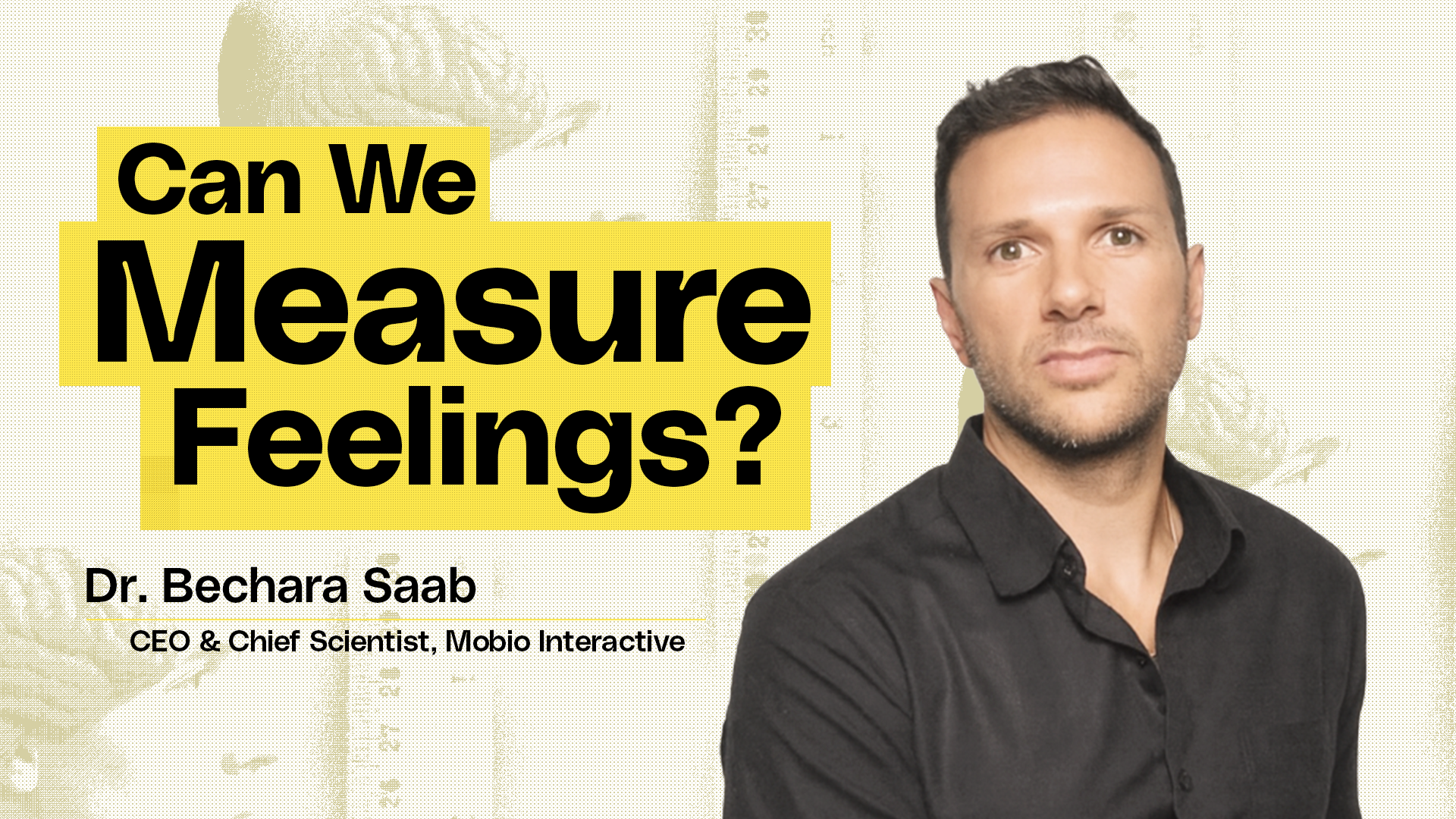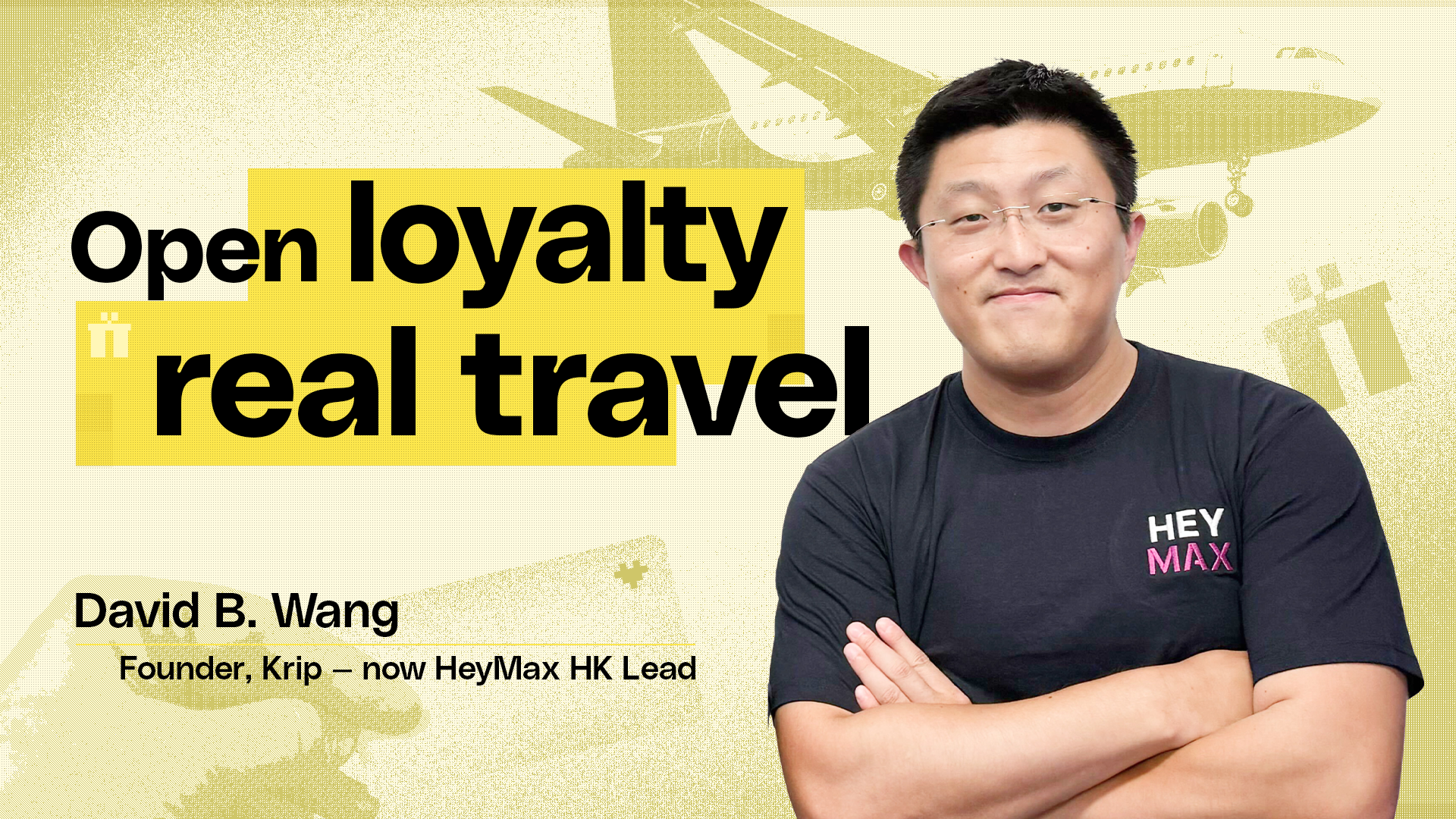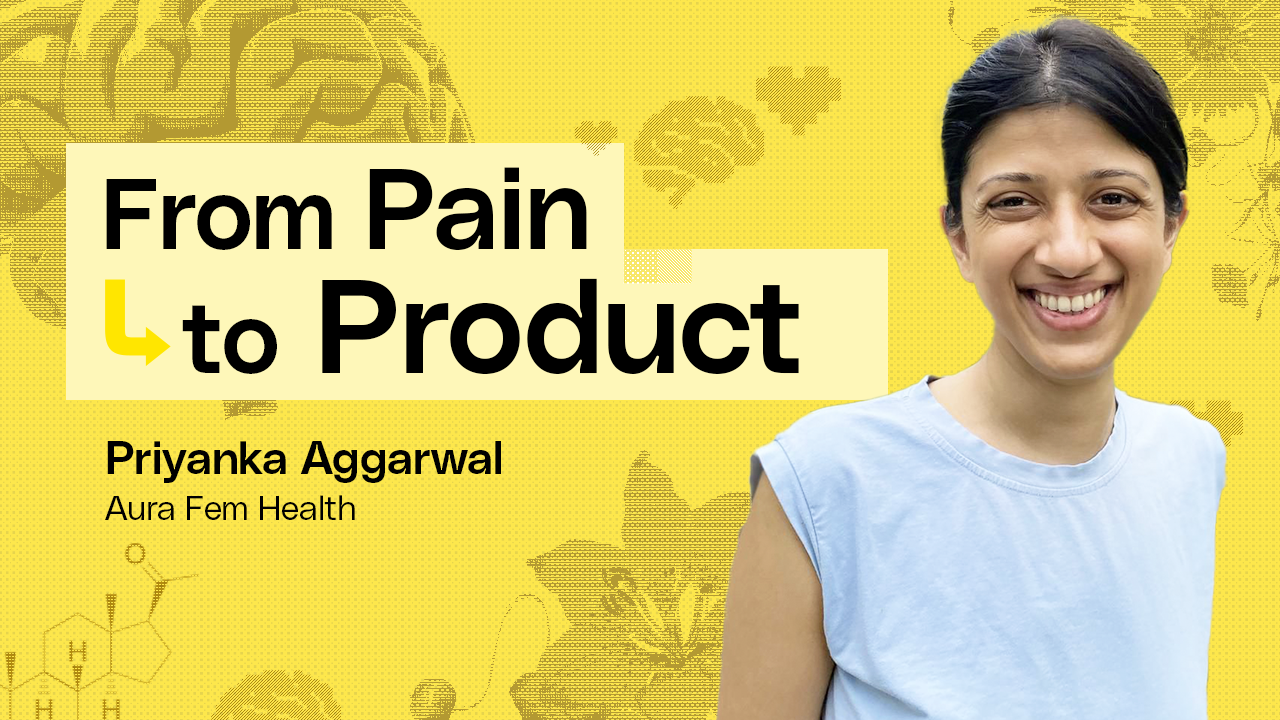
Justin Chan
When Justin Chan describes healthcare accessibility, he doesn't speak in abstractions. He talks about patients discovering diseases too late for effective treatment, about years-long waiting lists for non-urgent care, and about the hours of driving required just to access basic medical equipment in suburban areas. These aren't statistics to him; they're problems worth solving.
"I've always been focused on making an impact," Chan explains, a principle that has guided him from Cambridge graduate to Forbes 30 Under 30 recipient to founder of Gense, a medical technology startup revolutionising early disease detection with a palm-sized device.
Chan's journey took an unexpected detour through Myanmar's political landscape. Before the 2021 coup, he worked with the government to issue bonds financing village-level infrastructure. The experience brought him face-to-face with global leaders including Obama, but more importantly, reinforced his approach: take large, systemic challenges and make them manageable for people's daily lives.
"Real innovation lies in focusing on significant issues to make our efforts more scalable," he reflects. "We start with big problems and gradually make sense of them down the line."
Founded over five years ago, Gense embodies this philosophy. The company's device performs one-minute scans of critical organs, studying electrical properties to detect potential liver or kidney damage. It connects to cloud computing and displays results on a tablet, making sophisticated diagnostics accessible without highly trained professionals.
The technology, EIT (Electrical Impedance Tomography), existed for decades in late-stage treatment. Chan's team adapted it for early diagnosis, potentially transforming healthcare delivery. Their work is backed by ten professor partners in Hong Kong, with research published in top journals including Nature-cited publications.
👏 Dive deeper into this conversation and many others with innovative founders on the Unsensible Podcast, where we explore the future of technology, business, and investment:
"Prior to Covid, our medical systems were already overburdened," Chan observes. His solution: making testing affordable and convenient for frequent use in homes, offices, elderly care homes, and community centres. It's healthcare decentralisation in practice.
The journey brought challenges. Gense faced significant upfront R&D costs with grants taking 12 to 24 months for reimbursement. "There were times when we had to rely on our personal savings," Chan admits. Asked whether this required balls of steel or laser-focused vision, his response is pragmatic: "You really don't have a choice."
This determination stems from deliberate choices. "I always knew that if I went into the corporate world, eventually I would miss the opportunity to start my own thing. So, why not start early when the opportunity cost is lower?"
COVID proved catalytic for Gense's vision. "The entire situation with COVID was sort of a wake-up call," Chan notes. Public and private sectors suddenly shared urgency for accessible, preventive healthcare solutions.
Yet adoption brings unexpected challenges. In the US, some medical players question whether the technology is "expensive enough" to justify adoption. "That's feedback that we do get from time to time," he says about a system where affordability becomes a barrier rather than advantage.
Chan's strategy focuses on complementing existing systems. Telemedicine infrastructure can leverage Gense devices as early warning systems, funnelling patients into appropriate care while reducing costs through early detection.
Looking ahead, Chan sees emerging markets as crucial. The technology's scalability makes it suited for regions with limited medical infrastructure. He envisions deployment from reputable Western healthcare systems to emerging markets where need is most acute.
"There are a lot of possibilities to innovate in the healthcare sector," Chan reflects. "It's not just about creating a new drug or treatment. There's room for improvement in early detection, patient engagement, access to healthcare."
From Myanmar villages to palm-sized diagnostic devices, Chan's career demonstrates how tackling society's biggest challenges leads to impactful innovations. Fresh off pre-A funding, he's proving that making healthcare accessible requires not just technology but vision to see problems differently and persistence to solve them.
"Whether you would be making as much of an impact, or creating something of value that you can call your own... having that satisfaction when it actually happens is not something that you might get as much in a job," Chan says. For someone revolutionising healthcare access for millions, that satisfaction seems well earned.
Don’t miss out!









